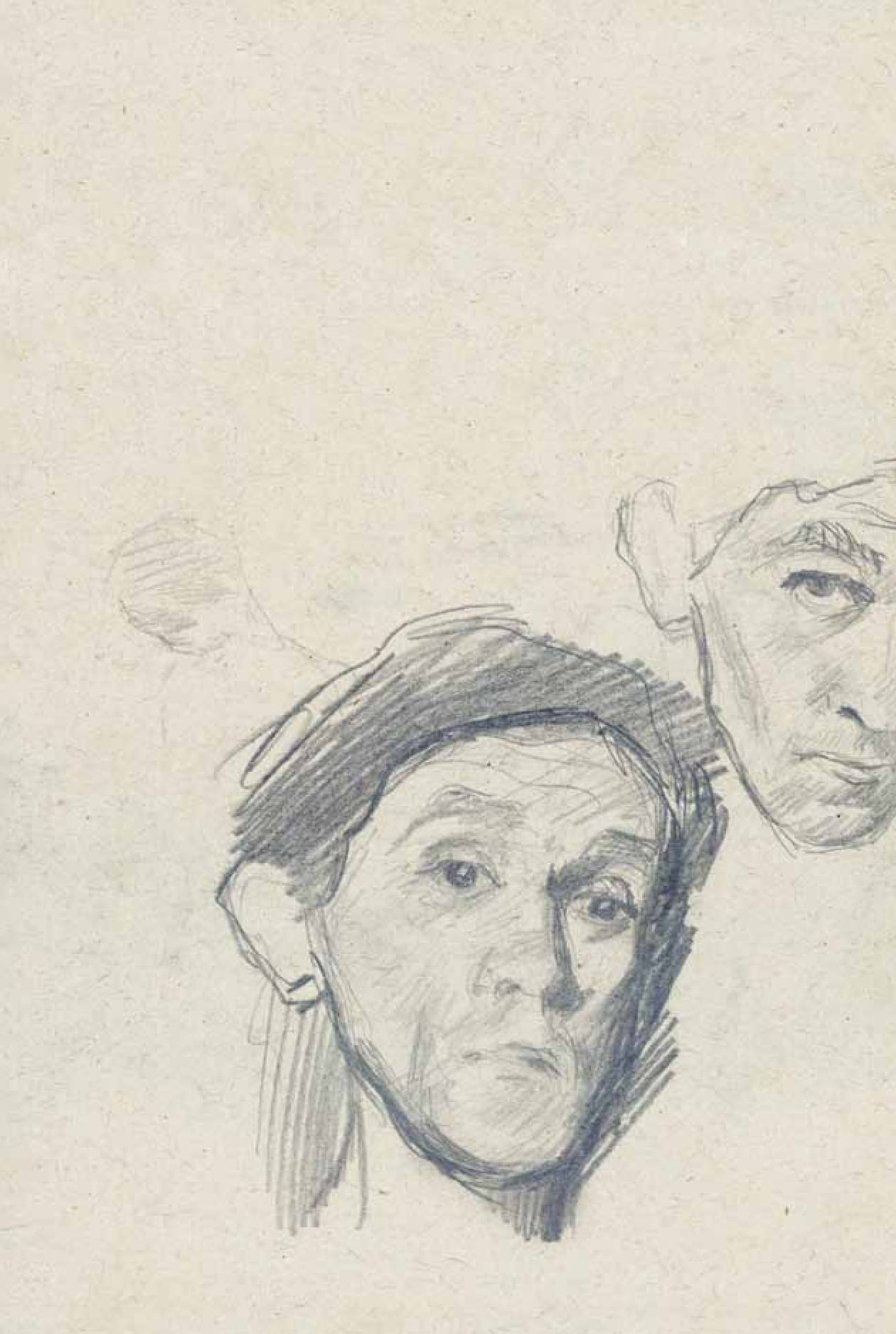Dwa sanatoria / dwa uniwersytety
DOI:
https://doi.org/10.26881/sf.2018.12.03Abstrakt
The starting point of the paper is Jacques Derrida’a reflection on the university today presented in his lecture on the „Unconditional University.” Then the author analyzes some passages from Thomas Mann’s Magic Mountain to demonstrate that the novel has been based on the picture of the university during the anti-positivist reaction. In Mann’s novel, the Sanatorium is an allegory of the University, while the protagonist, Hans Castorp, is a student seeking Mentors and the Truth. Schulz’s story, “Sanatorium under the Sign of the Hourglass,” has been interpreted as inspired by The Magic Mountain, since arguably it includes some traces of the „sanatorium – university” parallel. The paper refers also to Paweł Huelle’s novel Castorp, which tells a story of Mann’s character during a period of his studies in Gdańsk, anticipating the events described in The Magic Mountain. All the three texts – by Mann, Schulz, and Huelle – are connected by the debates characteristic of the humanities before the Great War (Mann, Huelle) and before World War II and the Holocaust (Schulz).
Downloads
Bibliografia
Bod Rens. 2013. Historia humanistyki. Zapomniane nauki. Przeł. R. Pucek. Warszawa: Wydawnictwo Aletheia.
Bolecki Włodzimierz, Jerzy Jarzębski, Stanisław Rosiek (red.). 2006. Słownik schulzowski. Gdańsk: słowo/obraz terytoria.
Bruno Schulz do St. I. Witkiewicza. 2016. W Schulz Bruno. 2017. Szkice krytyczne. Koncepcja edytorska W. Bolecki, komentarze i przypisy M. Wójcik, oprac. językowe P. Sitkiewicz. Gdańsk: słowo/obraz terytoria.
Derrida Jacques. 2005. Uniwersytet bezwarunkowy. Przeł. K.M. Jaksender. Kraków: Wydawnictwo Libron : Wydawnictwo Eperons-Ostrogi.
Głowacka Dorota. 1996. „Wzniosła tandeta i simulacrum. Bruno Schulz w postmodernistycznych zaułkach”. Teksty Drugie 2–3.
http://www.skh.wat.edu.pl/index.php/mundury-legii-nadw.
Huelle Paweł. 2004. Castorp. Gdańsk słowo/obraz terytoria.
Kłosiński Michał. 2015. Ratunkiem jest poezja. Baudrillard – Teoria – Literatura. Warszawa: Instytut Badań Literackich PAN. Wydawnictwo.
LaCapra Dominick. 2009. Historia w okresie przejściowym. Doświadczenie, tożsamość, teoria krytyczna. Przeł. K. Bojarska. Kraków: Universitas.
Mann Thomas. 2016. Czarodziejska góra. T. 1–2. Przeł. J. Kramsztyk, J. Łukowski. Warszawa: Warszawskie Wydawnictwo Literackie MUZA.
Schulz Bruno. 1989. Opowiadania. Wybór esejów i listów. Oprac. J. Jarzębski. Wrocław: Zakład Narodowy im. Ossolińskich.
Schulz Bruno. 2016. Księga listów. Zebrał i przygotował do druku J. Ficowski, uzupełnił S. Danecki. Gdańsk: słowo/obraz terytoria.
Sławek Tadeusz. 2002. Antygona w świecie korporacji. Rozważania o uniwersytecie i czasach obecnych. Katowice: Wydawnictwo Uniwersytetu Śląskiego
Stempowski Jerzy. 1962. O współczesnej formacji humanistycznej. W Eseje dla Kassandry. Paryż 1962: Instytut Literacki.
Zieniewicz Andrzej. 2007. Miejsce Brunona Schulza w literaturze modernistycznej. W Narracje po końcu (wielkich) narracji. Kolekcje, obiekty, symulakra… Pod red. H. Gosk, A. Zieniewicza. Warszawa: Dom Wydawniczy Elipsa.

 Uniwersyteckie Czasopisma Naukowe
Uniwersyteckie Czasopisma Naukowe





